- Friday, 6 June 2025
Civil casualties mount in South Sudan
Akobo, June 4: Wiyuach Makuach sat on her bed in a dimly lit ward of a hospital near South Sudan 's border with Ethiopia and rested her remaining arm in her lap as she recalled the airstrike that took her other arm and nearly killed her.
"Everything was on fire," she said in an interview at the hospital in the border town of Akobo where she was being treated for her injuries.
The bombing happened on May 3 at another hospital in the northern community of Fangak where she had traveled to be with her 25-year-old son while he sought treatment for tuberculosis. A series of strikes there, including several at the Doctors Without Borders facility, killed seven people.
"I ran outside and started rubbing mud on myself to stop the burning," Makuach said.
Makuach, 60, is just one of the dozens of civilians who aid groups say have been killed or badly injured by airstrikes in recent weeks as South Sudan's army clashes with militia groups across the country. The army says it targets only combatants, and has not commented on civilian casualties.
"The army displaced us and our families into the bush and that's when we decided we would fight back," said Gatkuoth Wie, 24, who was wounded while fighting in northern Jonglei State.
The fighting has led to U.N. warnings that South Sudan is again on the brink of civil war. Meanwhile, U.S. President Donald Trump's administration is seeking to send to South Sudan a group of eight deportees from Cuba, Vietnam and elsewhere who have been convicted in the U.S. of serious crimes, sparking a legal fight that has reached the Supreme Court.
Many of those wounded in the South Sudan clashes have been transported to Akobo, where the International Committee for the Red Cross has set up a temporary surgical response. Others have been stranded for days by the fighting.
Doctor Bjarte Andersen, a surgeon working with the ICRC, says that the fighting has made it difficult to transport patients that have been critically wounded. "We know of one person who has died waiting for transportation, but there are probably more," he said.
"The most critical cases cannot even be moved, they are not likely to survive the journey," said Christina Bartulec, who oversees the organization's medical operation in Akobo.
The ICRC does not track which patients are combatants and which are civilians. Most of the people brought to their facility are young men, several of whom told The Associated Press that they were engaged in fighting.
In the past month, however, an increasing number of the victims have been women and a few children, according to hospital staff.
One is Kuaynin Bol, 15, who was gravely injured by a blast as he lay asleep in his home. Surgeons have removed bone fragments from his brain and performed four operations on his leg, which was badly broken.
Simmering tensions between the government and opposition groups erupted in March when a local militia called the White Army overran a military barracks in Nasir, a town in the country's northeast. (AP)

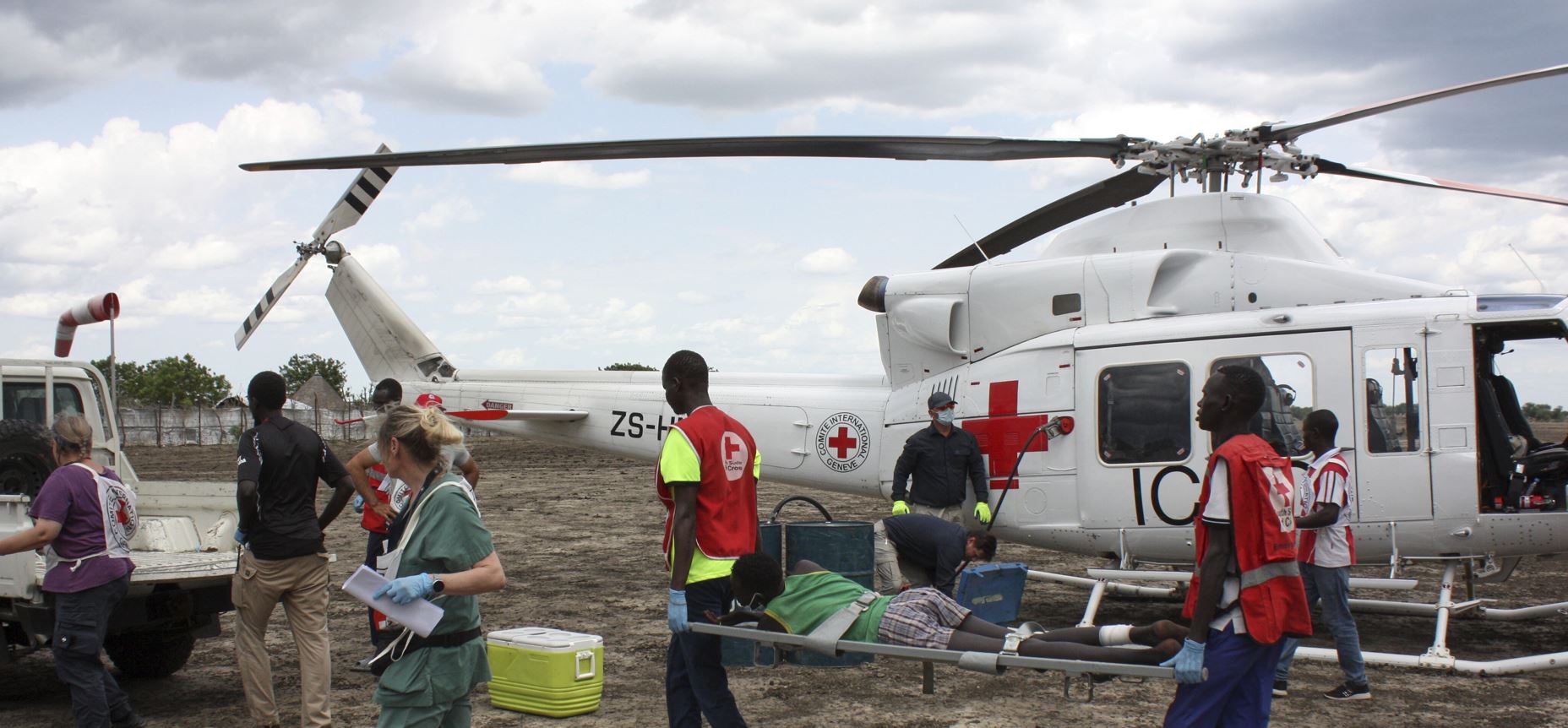

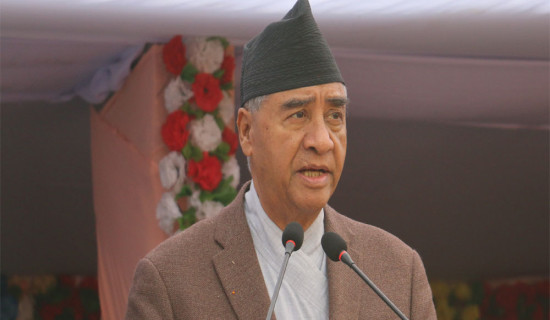
-square-thumb.jpg)
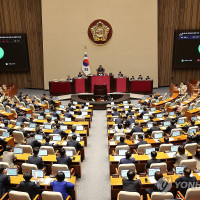
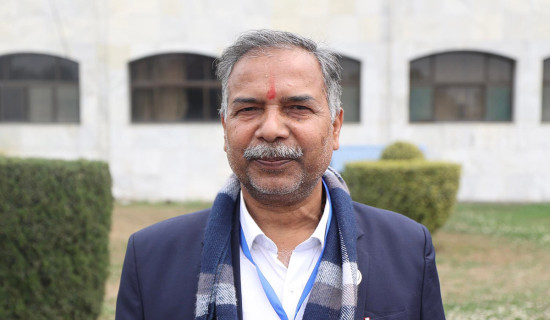
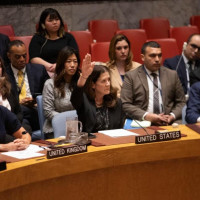
-square-thumb.jpg)








